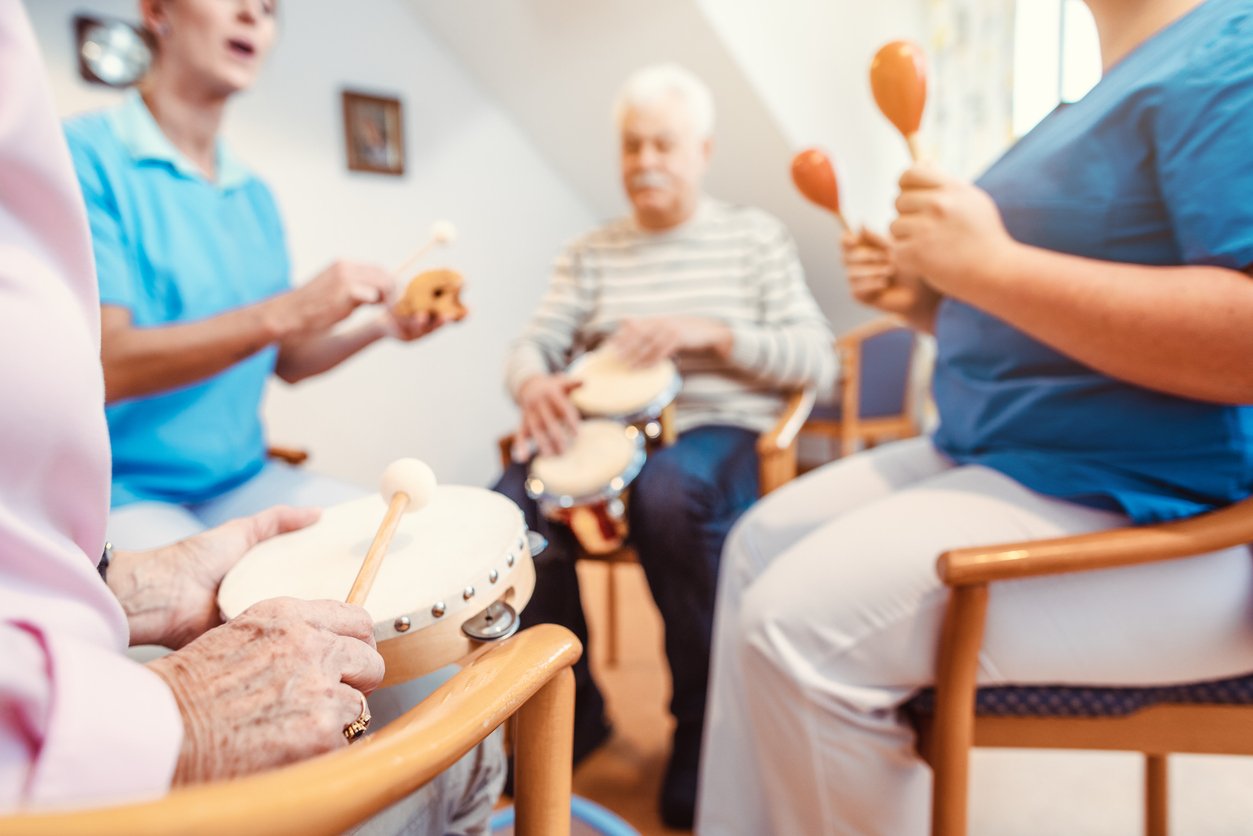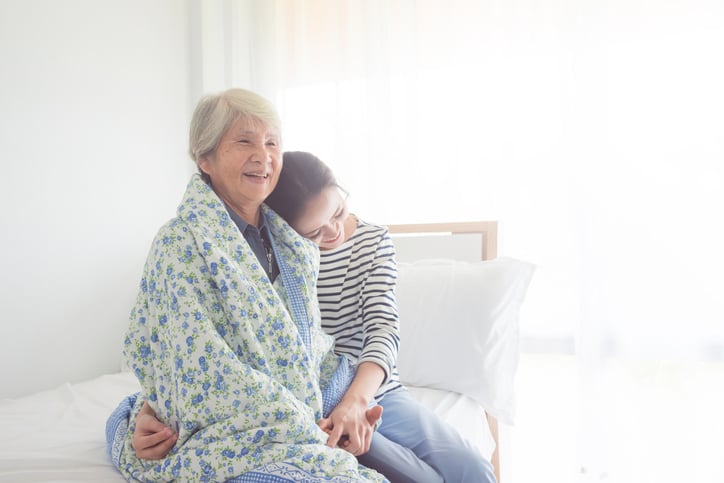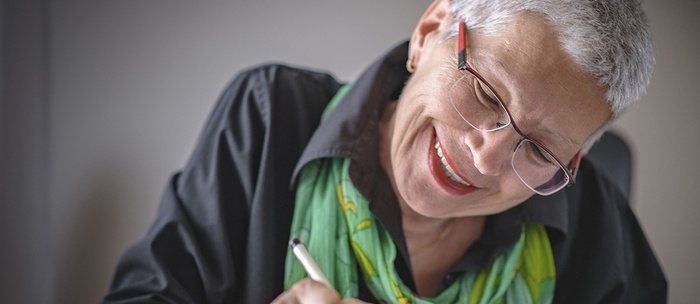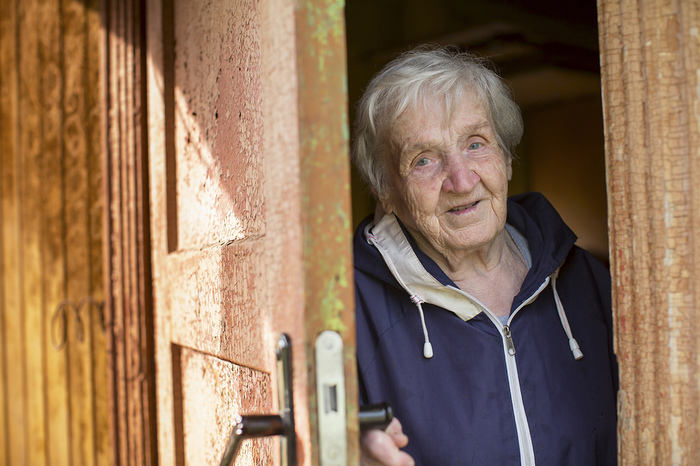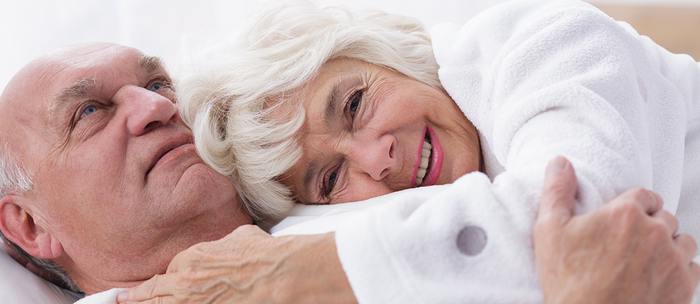Caring for someone with dementia can be physically and emotionally taxing. Part of the challenge is helping your loved one manage the frequent confusion, frustration, and mood swings that often accompany such neurodegenerative diseases.
Read More- Blog
- About Us
- Caregiver Videos
- Alzheimer's
- Ask the Geriatrician
- Assistive Devices
- Caregiver Info
- Cultural Sensitivity
- Dementia
- Dementia Activities
- Depression
- Diabetes
- Elder Abuse
- Elder Care Issues
- En Español
- Fall Prevention
- Grief & Loss
- Heart Issues
- Hearing & Vision
- Hoarding
- Hospice/End of Life
- Living in a
Nursing Home - Medications
- Mental Health
- Nutrition
- Oral Care
- Parkinson's Disease
- Quality of Life
- Senior Health
- Sexuality & Aging
- Spirituality & Aging
- Stress
- Substance Abuse
- Wound Care
- Continuing Ed
- Resources

